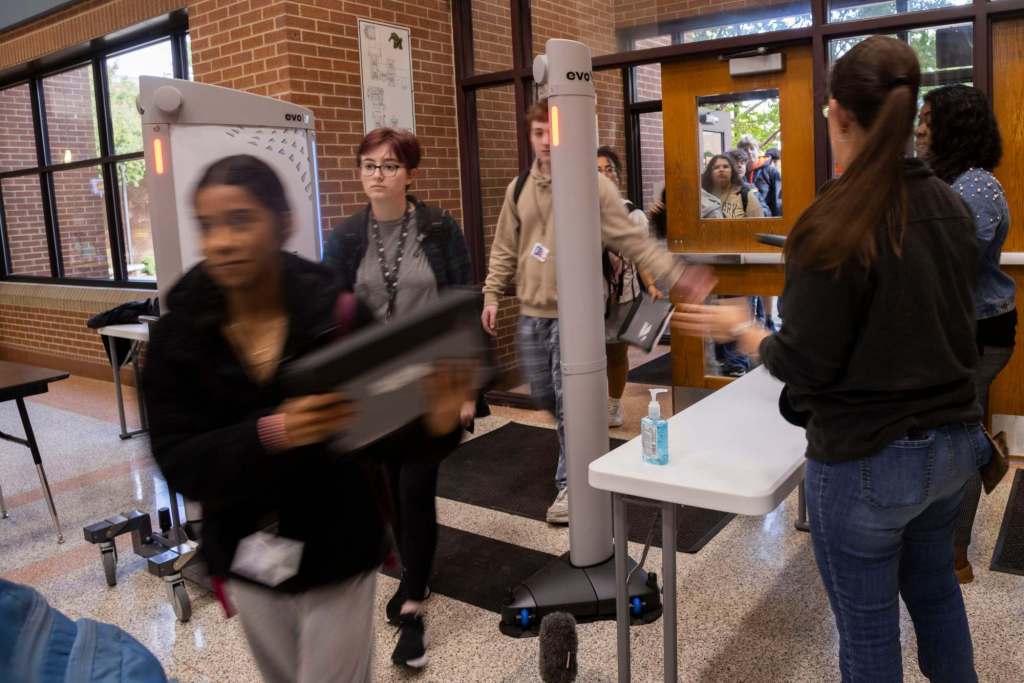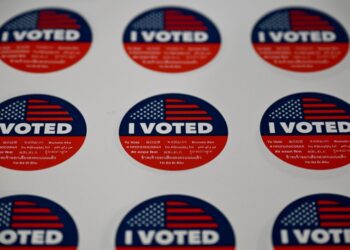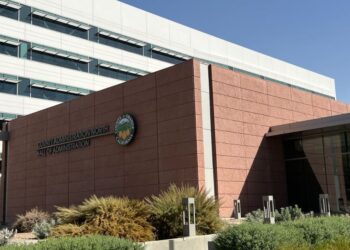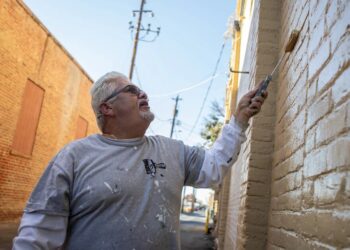DALLAS — Underneath a sprawling oak tree, a dozen men lay empty pistols and shotguns on wooden tables, barrels pointed at cardboard targets down a sun-scorched grass field.
At the northern edge of Dallas-Fort Worth, off U.S. 377 in unincorporated Krugerville, William Chadwick faces the line of men. The head instructor and trainer at the Christian Security Institute asks if the weapons are empty. The men bark back, “Yes.” Is there a medic? “Yes.” Safety kits? “Yes.” Is there an ordained member?
Little Elm Pastor John Wolfe raises his hand. The men bow their heads.
“God, we pray that we never have to use this training,” Wolfe begins. “But if we do, God, may you be with us…”
The dozen men are completing or renewing their firearm certification, the final step of state-recognized training that allows the churchgoers to serve as armed, plain-clothed, private security at their churches. The process takes up to six days.
The day before, the men learned where to strike a potential threat, in line with the law, that brings an assailant to their knees. They learned when someone becomes their custody and how to remove a weapon from an active shooter maneuvering around pews or an altar.
The Christian Security Institute is among the more involved businesses in a fast-growing active shooter defense industry taking root with the rise of bloodshed and anxiety across North Texas and America.
As the rate of gun deaths grows in Texas, the pro-business state has turned to solutions that have transformed what it’s like to walk into schools and remade business priorities for executives who know these uniquely American tragedies can be lucrative. It spurred a $3 billion industry made up of active shooter training, consultants, surveillance technologies and safety infrastructure. But some experts question the booming line of business and whether any of these strategies are effective at stopping gun…
Read the full article here







